There’s no point in denying it any longer; we won’t do it, and neither should you. Not long ago, we said our final farewell to summer until our calendars read 2020 (although depending on where you’re located, the temps could be screaming otherwise. We know they are in Nashville!) Alas, the blissfully long sequel we’ve been clenching with closed fists is coming to an end as autumn — and we hate to be the bearer of bad news, but winter before we know it — has finally come knocking. Now, no matter how diligent you may have been in your daily wear of SPF (that one is a non-negotiable rule, remember?) you may have been exposed to more sun-rays than you care to ponder. But, don’t fret, dear beauty-loving Bleu readers. Vitamin C is here to — you guessed it — once again play a lead role in our routines. And, if this ingredient hasn’t yet won an Oscar, we’re sure it’s about to have its Leo-Revenent moment any day.
Whether you’re trying to preserve that youthful glow or are more concerned with dark spots and hyperpigmentation, Vitamin C tends to be the multi-faceted, cure-all we love to love. While it won’t magically erase severe pigmentation (don’t waste your money on products that will never solve what only a laser can) Vitamin C has proven to be effective in treating those cute little spots you perhaps once believed were spontaneous freckles, but are indeed sun damage. This power ingredient is also a clever way to protect the skin against those angry free radicals, boosting it with the dose of antioxidants it deserves. Preventative and restorative, not only does Vitamin C limit and treat UV damage — brightening and softening the skin until it resembles something of a baby’s bum — it also stimulates collagen production, hence slowing down the formation of fine lines and wrinkles. Can we get an amen? Finally, Vitamin C decreases the synthesis of melanin, which is responsible for the apparition of dark spots and also boosts the ability of the skin to repair itself when wounded (attention, skin pickers!). Convinced yet?
Since there are countless types of Vitamin C on the market that come in endless dosages and forms, we thought it best to break it all down, starting with a few key ideas to keep in mind. First and foremost, the two types of Vitamin C you’re most likely to find browsing the shelves of your local Sephora or Ulta are L-Ascorbic Acid and Tetrahexyldecyl Ascorbate. The first is a water-soluble form of Vitamin C that doesn’t need to be converted once on the dermis. It is particularly effective and works wonders as an antioxidant, but can also play a part in the reduction of sun damage. Skinceuticals CE Ferulic is an oldie, but a goodie and its thin, almost water-y consistency plays well with the rest of your regimen.
If your skin is too sensitive to handle L-Ascorbic Acid, then Tetrahexyldecyl may just be your million-dollar match (although nothing is ever safe, as anyone can react to anything). It is an oil-soluble form of Vitamin C that possesses the ability to penetrate the skin tissue deeper, making it fantastic at boosting collagen levels and minimizing melanin production. Melanie Simon’s first product is a powerhouse of Tetrahexyldecyl that should be used sparingly. We’re talking only a couple of times a week! The aesthetician extraordinaire and founder of ZIIP Beauty recommends letting it work its way into your skin for a good ten minutes before moving on, should you feel the need to top it off with another product. Sunday Riley‘s CEO is another fan-favorite worth giving a shot. Its creamy texture and glow-giving powers have seduced more than a handful of people on our team and feels extra comforting for drier skin types. If you’re in need of even more product recommendations, another brand to look out for is Dermalogica, who has created a clever serum that combines Vitamin C, but also lactic acid for a gentle exfoliation, along with chia seed oil for an additional dose of environmental protection. Not all heroes wear capes, eh?
If we haven’t yet convinced you to walk on the sunny side of Vitamin C alongside us, we’re not sure what will. Brightening, anti-aging, dark spot-reducing and more, this all-star ingredient packs a serious punch. And, we will be the first to admit that we’ve most certainly had a few large gulps of the Kool-Aid, the orange one in fact! Ready to take a walk down this skin-saving yellow brick road with us? Here are a few products our team recommends to keep Vitamin C in your routine.
Shop The Story
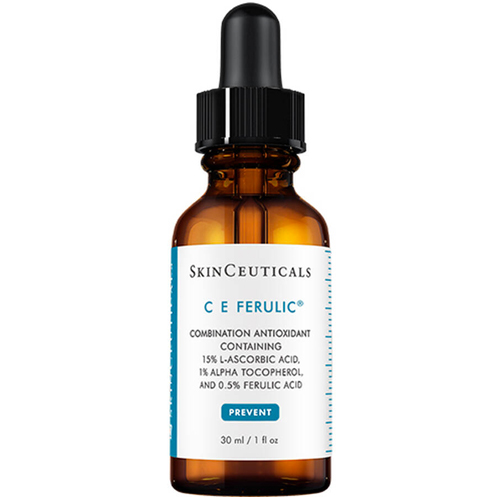
C E Ferulic
$166, SkinCeuticals
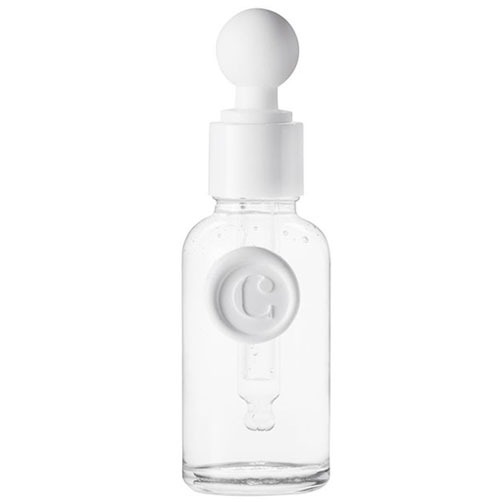
Serum C
$200, Melanie Simon Skincare
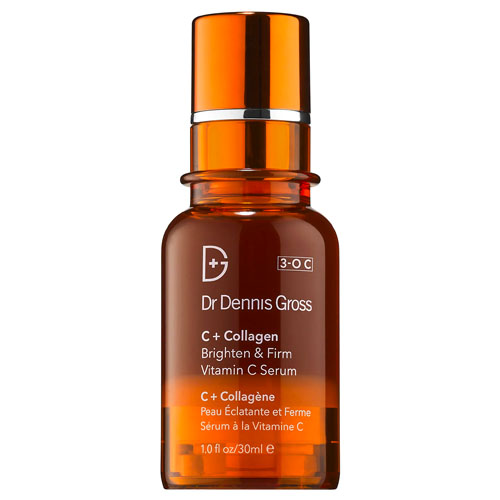
C+ Collagen Brighten & Firm Vitamin C Serum
$78, Dr. Dennis Gross
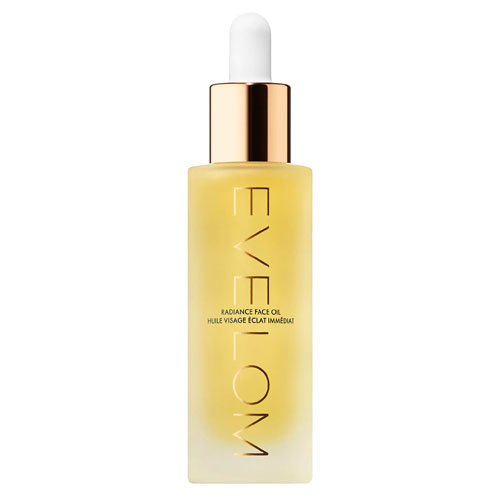
Radiance Face Oil
$80, Eve Lom
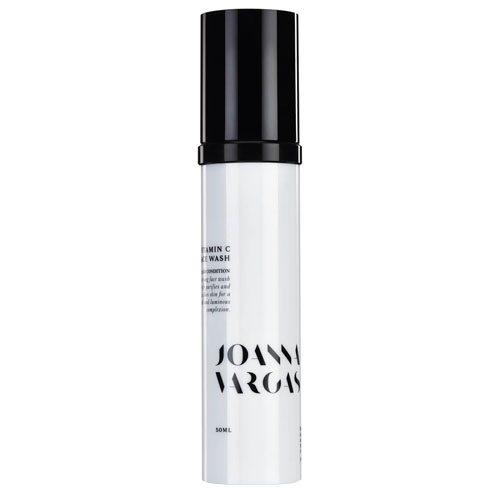
Vitamin C Face Wash
$40, Joanna Vargas
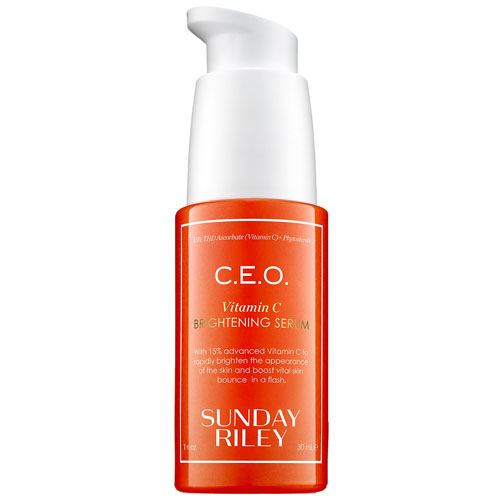
C.E.O. Vitamin C Brightening Serum
$85, Sunday Riley
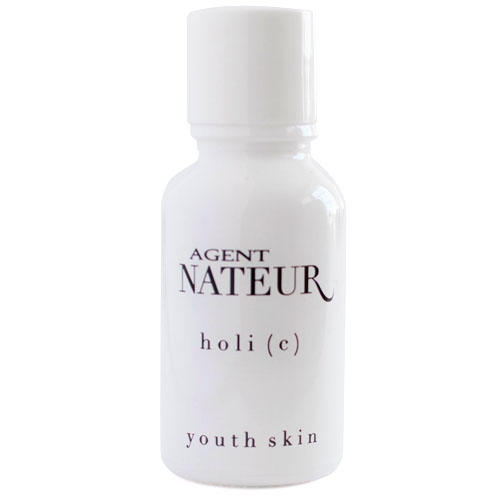
Holi-C Refining Face Vitamins
$120, Agent Nateur
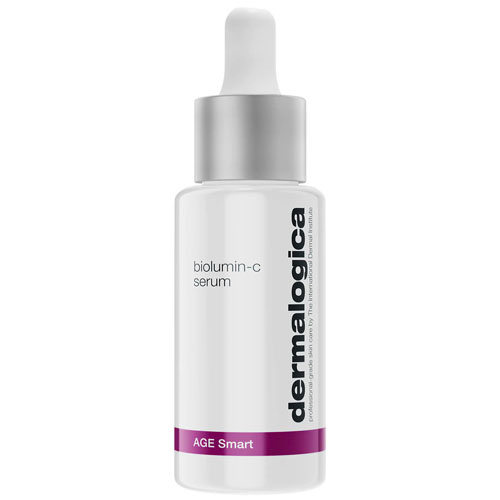
BioLumin-C Serum
$87, Dermalogica
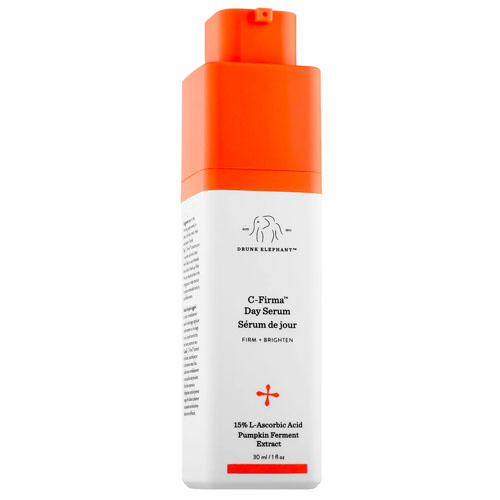
C-Firma Vitamin C Day Serum
$80, Drunk Elephant
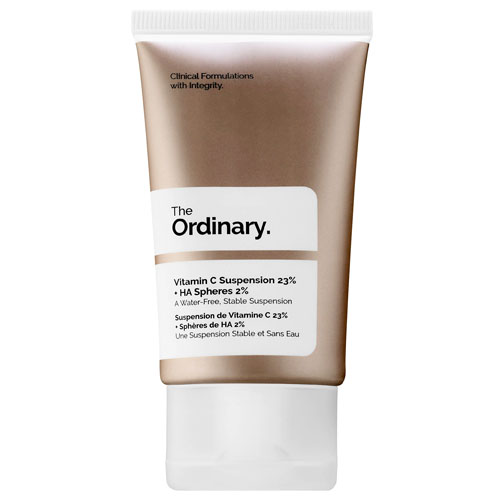
Vitamin C Suspension 23% + HA Spheres 2%
$6, The Ordinary
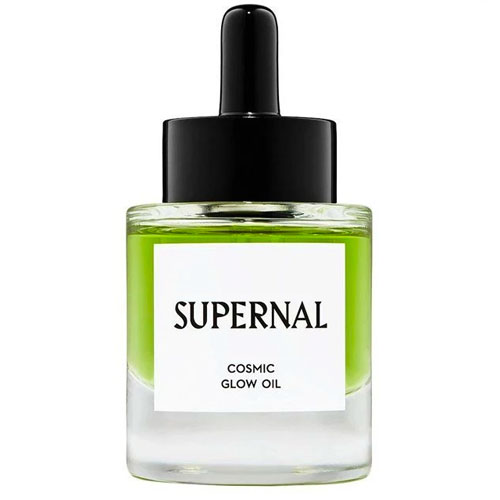
Cosmic Glow Oil
$108, Supernal
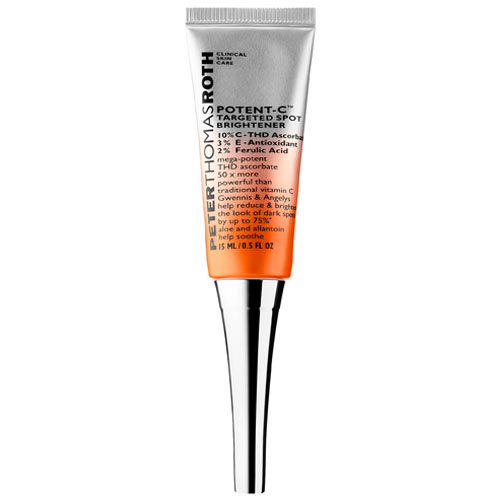
Potent-C Vitamin C Targeted Spot Brightener
$58, Peter Thomas Roth
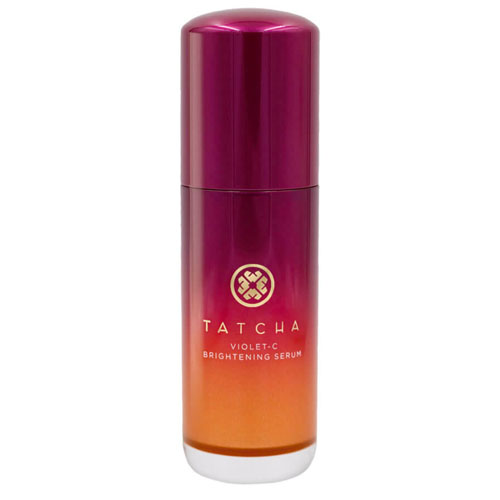
Violet-C Brightening Serum
$88, Tatcha
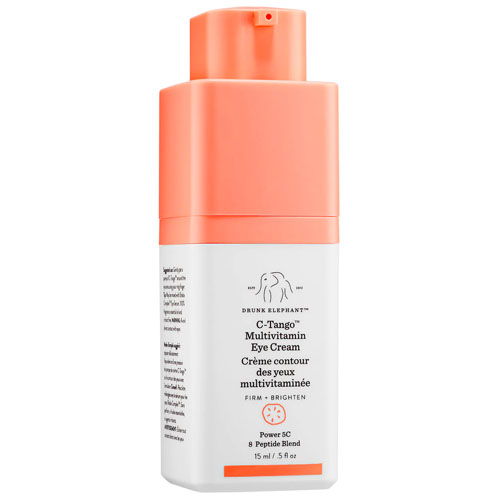
C-Tango Multivitamin Eye Cream
$64, Drunk Elephant
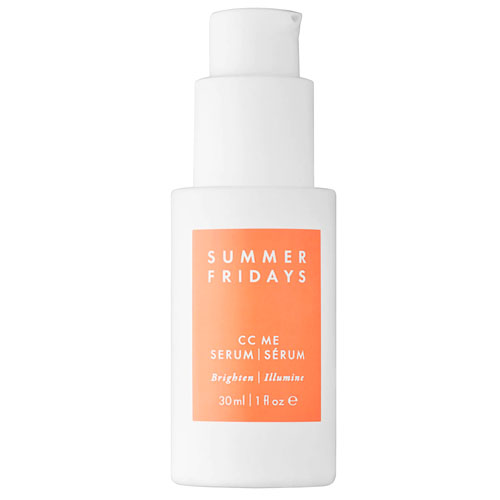
CC Me Vitamin C Serum
$64, Summer Fridays














Dani
October 3, 2019 at 8:28 pmI’ve read vitamin C is light sensitive and you should only use if it comes in a darker bottle otherwise it oxidizes. Is this true? And what are your thoughts on a powder vitamin C? Seems like you’ve done a lot of research so curious about your findings!
Megan Podwysocki
October 10, 2019 at 5:56 amHi Dani,
You’re absolutely right, vitamin C is light sensitive and should preferably come in dark, opaque bottles (pumps are even better, if you ask me! Air can be damaging too, so jars are a definite no-go when it comes to vitamin C products!). However, even when they do come in such packaging they are still vastly unstable and their shelf life is shorter than the norm, so you should aim to always keep your product away from any direct sunlight no matter what and also to use it consistently to reap the most benefits. If you ever notice your serum changing color or scent, then it’s a sign that it has oxidized and should no longer be used. As for viamin C powders, they are clever as they offer more stability (they are less likely to degrade with light as you mix them on the go!) and can be mixed into anything. They are a great option of you are only looking for a boost of vitamin C, whereas serums offer a combination of ingredients so it’s really up to you and what you are looking for! I hope this helps! x